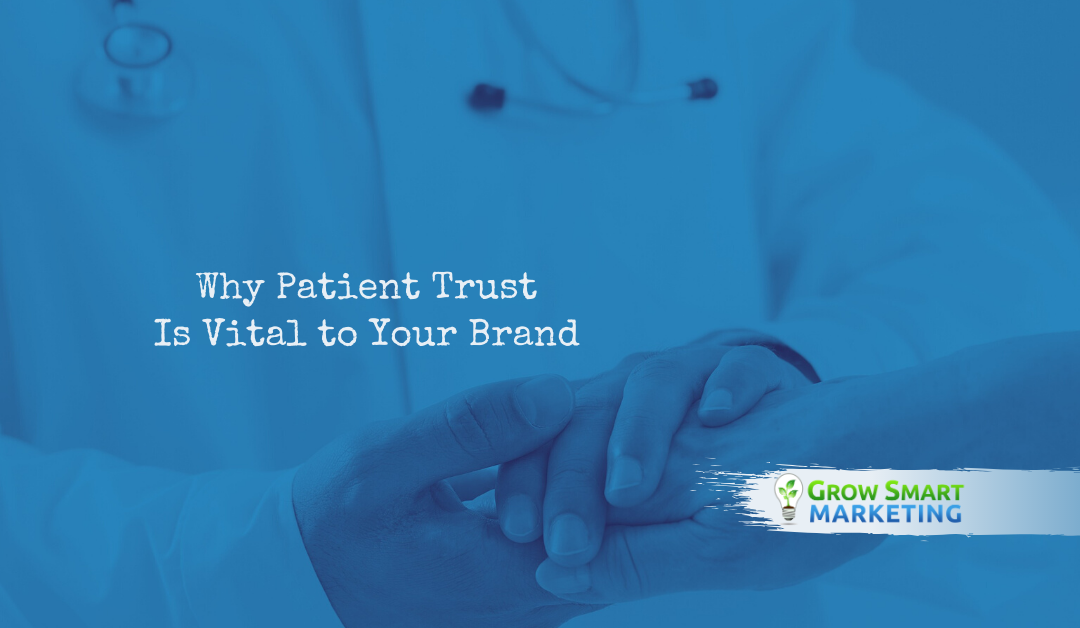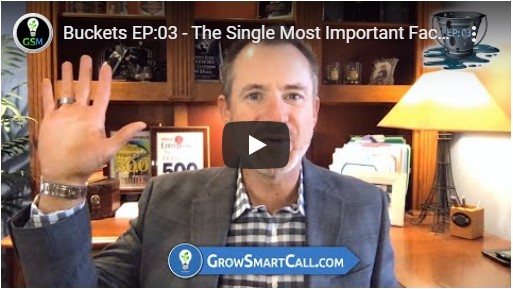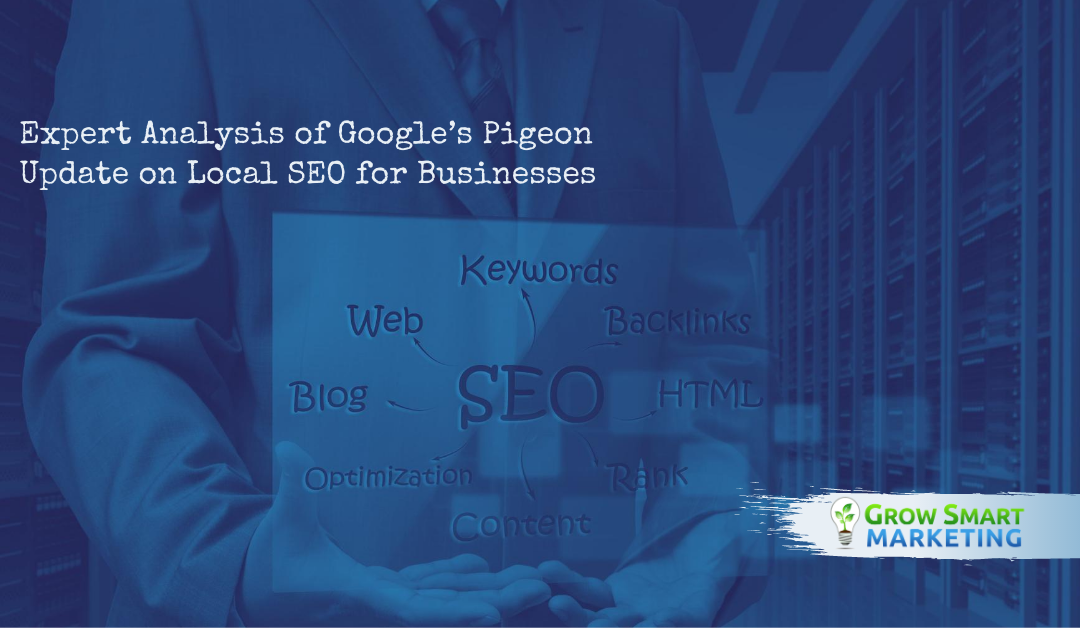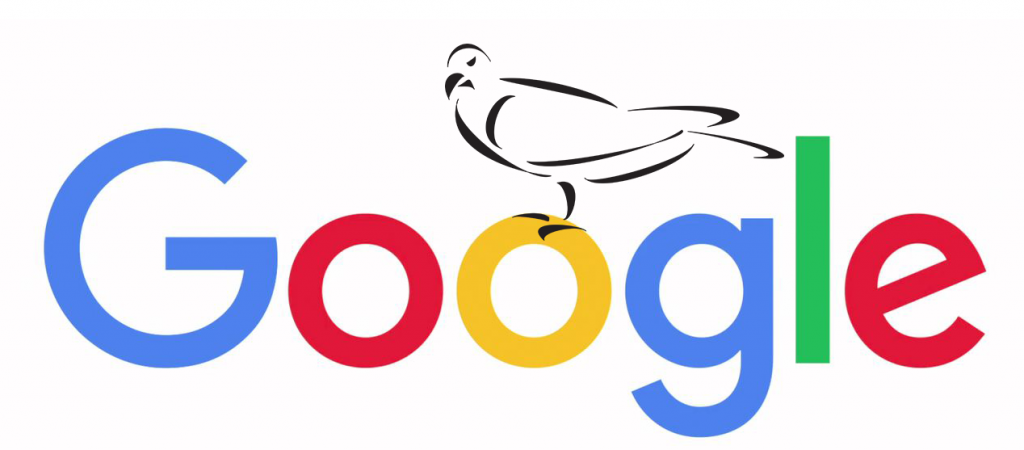
10 Ways To Track Your Brand’s Sentiment Analysis Effectively
Tracking Your Brand's Sentiment Is Crucial To Successful Marketing
1. Use social media monitoring tools: There are various social media monitoring tools available that can help you track your brand's sentiment analysis. These tools use algorithms to analyze social media posts and comments related to your brand and provide you with insights on the sentiment of these posts.
2. Monitor mentions and hashtags: Keep an eye on mentions of your brand on social media platforms and track relevant hashtags. This will give you a better understanding of how people are talking about your brand and what sentiment they are expressing.
3. Set up Google Alerts: Set up Google Alerts for your brand name and related keywords. This will notify you whenever your brand is mentioned online, allowing you to track sentiment in real-time.
4. Analyze customer reviews: Customer reviews are a valuable source of sentiment analysis. Keep track of reviews on platforms like Google, Yelp, and Amazon to understand how customers feel about your brand.
5. Conduct surveys and polls: Surveys and polls are a great way to directly gather feedback from your audience. You can use tools like SurveyMonkey or Google Forms to create and distribute surveys to your customers.
6. Monitor sentiment on review sites: In addition to customer reviews, review sites like Trustpilot and Glassdoor can also provide insights into the sentiment surrounding your brand. Keep track of reviews and ratings on these sites to understand how your brand is perceived.
7. Use sentiment analysis tools: There are various sentiment analysis tools available that can help you track and analyze sentiment surrounding your brand. These tools use natural language processing and machine learning to analyze text and determine sentiment.
8. Monitor competitor sentiment: Keep an eye on the sentiment surrounding your competitors to understand how your brand is perceived in comparison. This can help you identify areas for improvement and stay ahead of the competition.
9. Engage with your audience: Engaging with your audience on social media and other platforms can give you a better understanding of their sentiment towards your brand. Respond to comments and messages to show that you value their feedback.
10. Regularly review and analyze data: It's important to regularly review and analyze the data you gather from various sources. This will help you identify trends and patterns in sentiment and make informed decisions for your brand.
Contact us to implement an effective marketing plan for your medical practice.








